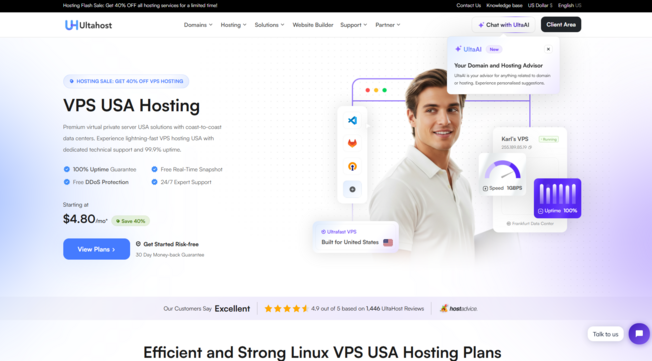
Careers Built on More Than Skill
Engineering is often described as a technical profession, built on math, science, and problem-solving. But while skill is essential, it isn’t the only factor determining success. In reality, connections—between people, companies, and opportunities—play a decisive role in shaping engineering careers.
These connections influence who gets access to projects, who advances in their careers, and which innovations reach the market. In a competitive industry, the right network can make the difference between stagnation and growth. Increasingly, engineering staffing services help engineers build those connections in ways that fuel long-term success.
Why Connections Matter in Engineering
Unlike some professions, engineering often requires collaboration across multiple disciplines. Civil engineers must coordinate with architects and contractors. Mechanical engineers work alongside designers and manufacturers. Software engineers collaborate with clients and end users.
Strong connections allow engineers to:
- Gain access to projects that match their expertise.
- Build reputations as reliable problem-solvers.
- Learn from peers and mentors in their field.
- Discover new technologies and methods through collaboration.
Without connections, even the most talented engineers risk being overlooked.
The Hidden Market of Opportunities
One of the lesser-known truths about engineering is that many opportunities never appear on job boards. They are filled through recommendations, referrals, and networks.
This hidden market is where staffing services play a major role. They maintain relationships with companies seeking specialized talent, ensuring that engineers with the right skills are connected to openings that may never be publicly advertised.
For professionals, this means connections can unlock opportunities they would otherwise miss.
Networking Beyond the Obvious
Many engineers think networking means attending conferences or updating LinkedIn. While these help, deeper forms of networking often prove more impactful.
- Project-based networking: Collaborating across teams builds long-term professional relationships.
- Mentorship: Experienced engineers can open doors for younger professionals.
- Recruiter partnerships: Ongoing relationships with staffing services create a steady stream of opportunities.
Connections made through daily work often have the longest-lasting impact on careers.
The Role of Staffing Services in Building Bridges
Engineering staffing services are more than job placement providers. They act as bridges between companies with specific needs and professionals with the right expertise.
For engineers, staffing services:
- Provide access to companies seeking niche skills.
- Match candidates with roles that align with long-term goals.
- Offer flexibility for project-based, contract, or permanent positions.
- Build relationships that lead to repeated opportunities over time.
These connections save engineers from the trial-and-error of applying blindly to countless openings. Instead, opportunities come tailored to their strengths.
Why Companies Rely on Staffing Services
From the company perspective, staffing services also play a crucial role. Finding engineers with precise expertise is challenging. Staffing providers already have established connections with qualified professionals, making the process faster and more reliable.
This dual role—helping both companies and engineers—positions staffing services as one of the most powerful connection builders in the industry.
Connections and Career Advancement
Career success isn’t just about landing jobs; it’s about advancement. Connections influence promotions, leadership opportunities, and access to groundbreaking projects.
Engineers with strong networks often hear about advancement opportunities before they are public. They also benefit from recommendations that carry weight with decision-makers. These advantages compound over time, accelerating careers.
The Risks of Weak Connections
The flip side is equally true. Engineers who neglect networking may find themselves limited to surface-level opportunities. Without connections, they may struggle to find roles aligned with their expertise, or miss out on cutting-edge projects.
In a field where collaboration is everything, isolation slows careers down.
Building Stronger Connections: Practical Tips
For engineers looking to strengthen their networks, a few strategies stand out:
- Invest in relationships: Focus on genuine, long-term connections rather than quick gains.
- Seek mentors: Experienced professionals offer both knowledge and access to opportunities.
- Stay active in projects: Treat every collaboration as a chance to expand your network.
- Leverage staffing services: Build lasting relationships with providers who know your strengths.
- Give as much as you take: Share insights, offer help, and support others in your field.
Connections grow when they are nurtured over time.
Why Connections Define Engineering Success
Engineering is about more than calculations and designs—it’s about people. Projects succeed when individuals bring their knowledge together in the right ways. Careers advance when professionals are connected to the right opportunities.
By relying on both personal networks and professional staffing services, engineers ensure they don’t just rely on chance. They create intentional pathways toward success.
In the end, the right connections don’t just help engineers find jobs—they help them build lasting careers defined by growth, opportunity, and impact.

















Leave a Reply